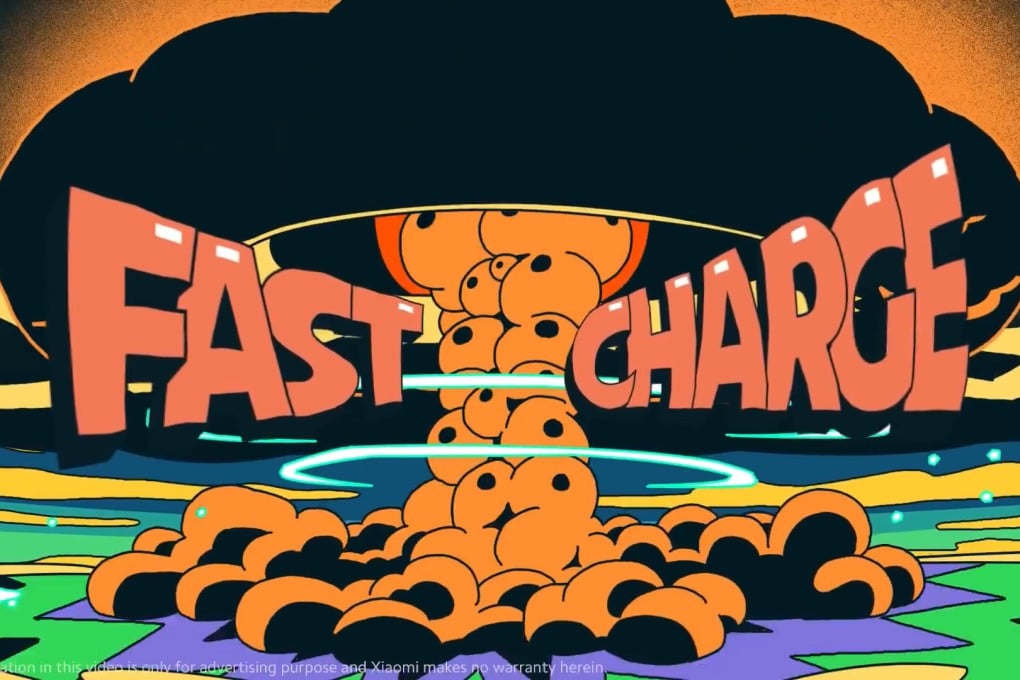Xiaomi says controversial ‘nuclear bomb’ ad wasn’t meant for Japan
Even Japanese death match pro wrestler Atsushi Onita thinks the ad was “inhumane”

Xiaomi spin-off Redmi wants to own the budget phone market
In a statement to Abacus, Xiaomi said that the video was conceptualized and produced by a third-party agency for “some global markets excluding Japan.”
The rapidly expanding and exploding man was apparently meant as a metaphor for the Redmi Note 9 Pro’s 33W fast charging (although presumably not meant to suggest the phone itself will explode). But it’s not hard to understand why some people might take exception to the depiction of a “fat man” going nuclear over Japan.
Fat Man was the code name of the nuclear bomb the US dropped over Nagasaki on August 9, 1945. The bomb was named after its bloated, egg-like shape and resulted in as many as 80,000 deaths once accounting for the long-term health effects of the radiation.